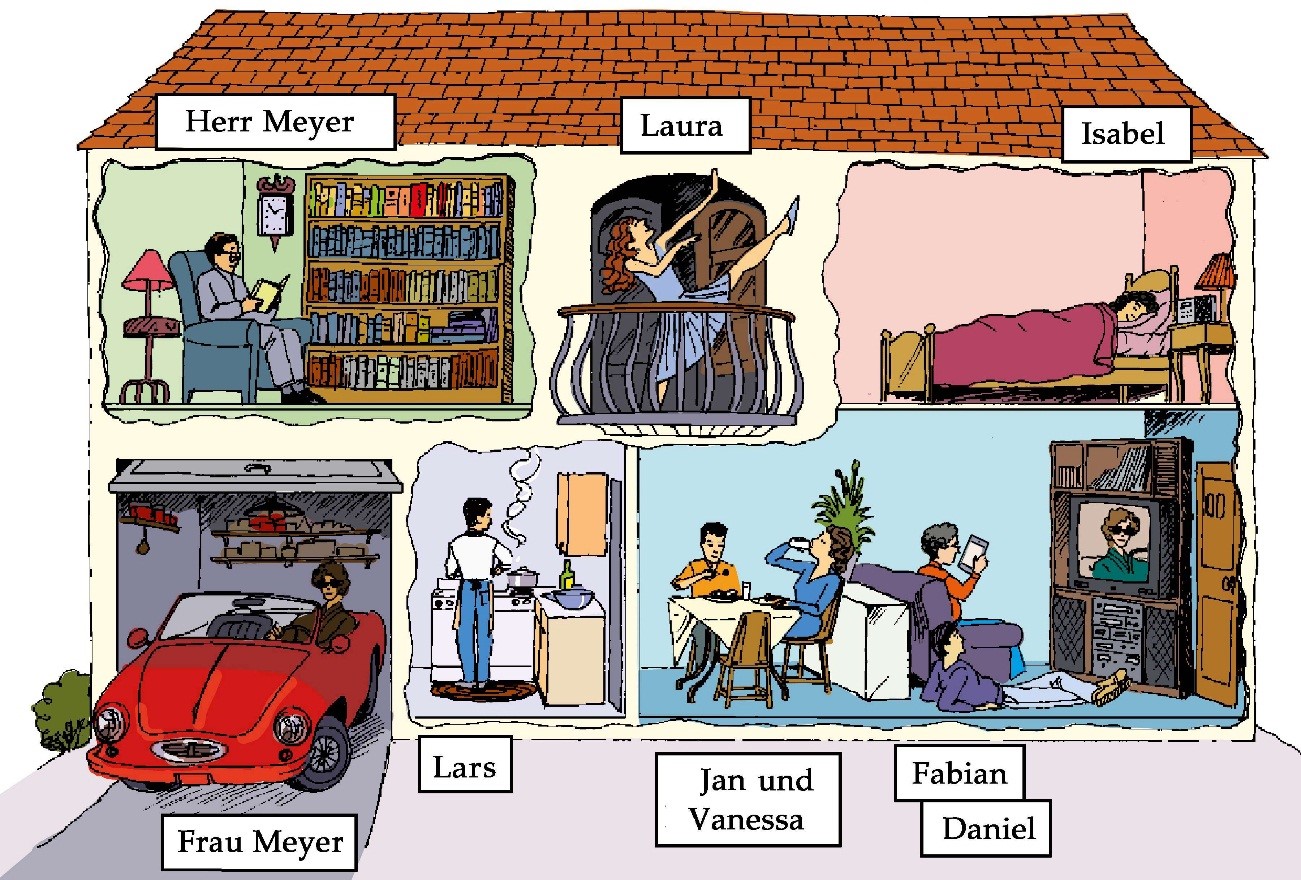PASO 1. La vida de Marcela.What is a typical day like for Marcela? Complete the sentences with the correct form of the verbs in parentheses. First, choose the verb that best completes the sentence, then use the correct form the verb in the present tense. ?
Hola, me llamo Marcela. No soy una mujer estereotípica. No me gusta (divertirse / enojarse / ponerse) ______________________ perfume. Tampoco (maquillarse / dormirse / quedarse) ______________________ con frecuencia. Prefiero (acostarse / ducharse / sentirse) ______________________ rápidamente para no desperdiciar (waste) agua. Nunca (acostarse / bañarse / ponerse) ______________________ en la tina (bathtub) como hacen las mujeres en las películas románticas. Tampoco (despertarse / preocuparse / relajarse) ______________________ mucho por la ropa: normalmente
(dormirse / ducharse / ponerse) ______________________ ropa cómoda, no ropa cara. Algunos fines de semana (maquillarse / arreglarse / divertirse) ______________________ con mis amigos, pero también me gusta pasar tiempo sola.
?
Fill in the blank(s) with the appropriate word(s).
ponerme / me maquillo / ducharme / me baño / me preocupo / me pongo / me divierto.
You might also like to view...
II. Definiciones.Read the definitions in the first column and choose the appropriate word from the second column in the space provided. Use each word only once.
A. Es de metal y se usa para freír papas. B. Comer entre comidas. C. Pablo Picasso hizo esto muy bien. D. Este tipo de comida no es procesada. E. Para preparar un huevo duro, haces esto. F. Un pasatiempo que viene en el periódico y generalmente se hace con lápiz.
This sample is an example of what prewriting strategy?
Drinking + driving is a huge problem in this country. I remember hearing about a terrible accident in the news where the driver and passengers were injured. I think schools and law enforcement should work harder to spread the msg that drinking/driving can kill… a. Freewriting b. Brainstorming c. Clustering d. Mapping
In German, identify six objects or pieces of furniture you see in this house. Include the definite article with the singular and plural forms for each item. (12 points)

1. /
2. /
3. /
4. /
5. /
6. /
Indicate a passage that you consider memorable for its poetry. Does thepassage seem introduced for its own sake? Does it in any way advance the action of the play, express theme, or demonstrate character?
What will be an ideal response?